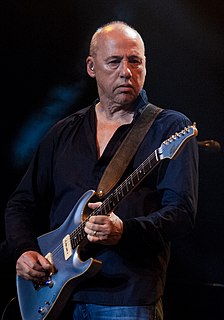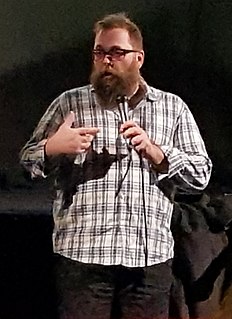A Quote by Philip Roth
To read a novel requires a certain amount of concentration, focus, devotion to the reading. If you read a novel in more than two weeks, you don't read the novel, really.
Related Quotes
The point is, that the function of the novel seems to be changing; it has become an outpost of journalism; we read novels for information about areas of life we don't know - Nigeria, South Africa, the American army, a coal-mining village, coteries in Chelsea, etc. We read to find out what is going on. One novel in five hundred or a thousand has the quality a novel should have to make it a novel - the quality of philosophy.
In reading a novel, any novel, we have to know perfectly well that the whole thing is nonsense, and then, while reading, believe every word of it. Finally, when we're done with it, we may find - if it's a good novel - that we're a bit different from what we were before we read it, that we have changed a little... But it's very hard to say just what we learned, how we were changed.
I read everything. I'll read a John Grisham novel, I'll sit and read a whole book of poems by Maya Angelou, or I'll just read some Mary Oliver - this is a book that was given to me for Christmas. No particular genre. And I read in French, and I read in German, and I read in English. I love to see how other people use language.
In 1965, when I was fourteen, I read my first adult novel; it was a historical novel about Katherine of Aragon, and I could not put it down. When I finished it, I had to find out the true facts behind the story and if people really carried on like that in those days. So I began to read proper history books, and found that they did!
I'm always trying to make something that is impossible to film. Why would somebody just read a novel when they can see it on TV or in the cinema? I really have to think of the things fiction can do that film can't and play to the strengths of the novel. With a novel, you can get right inside somebody's head.
I have rarely read a more wonderful book than To Win Her Favor by Tamera Alexander. Rich with historical detail and fully developed characters, this novel held me spellbound until the last page. If you read one historical novel this year, make it To Win Her Favor. It will linger with you long after the last page.




































